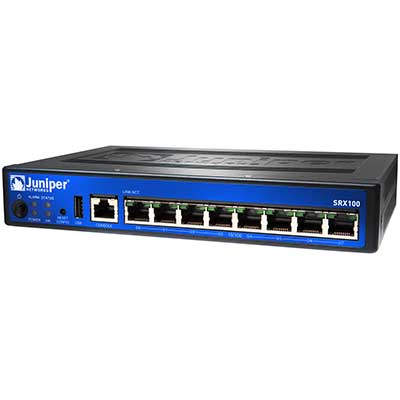Customer data is the lifeblood of business success. Without it, businesses would not be able to make the decisions—price points, what products to develop, and services to offer, for example—that allow them to succeed. Many businesses store data on computers and servers connected to the Internet. That is why it is absolutely paramount to protect that data from accidental and nefarious intrusions.
What is a Firewall?
A firewall is software or a device that protects your network from potentially damaging elements and keeps it secure. Essentially, firewalls act as filters and blocks incoming and outgoing data it does not recognize, so not only does it assist in preventing harmful data from coming into your network, it prevents you from sending out harmful data. Firewalls need to be set up at every point of Internet connection, because all it takes is one successful attack on one unprotected computer or server to damage the whole network.
Firewalls—either software or hardware—need to be configured so they only let in what is safe and trusted. Potential configuration settings include ports, protocol, domain names, IP addresses, and even specific phrases. Even with a hardware firewall like a router, each computer connected to the Internet should be protected by a firewall. Most computers already come with a software firewall, so it is just a matter or configuring them individually.
Configuring business networks can be intimidating and confusing for business owners who have no desire to learn the ins and outs of network security. Many people use IT professionals, such as Ottawa-based Firewall Technical IT support services, to configure their firewalls for them.
How does a Firewall Help Businesses?

Top 10 Best-Selling Network Security Products In Q1 2015
- Ensures Customer Trust
Having a firewall and other security measures shows customers that your business takes security seriously and that you can be trusted with their data. A breach of that trust will result in customers leaving in droves and heading to companies that can be trusted to keep their data secure. It does not matter how amazing your product or service may be; data breaches are something that few businesses—particularly small businesses—recover from. In business, reputation is everything. For more about how important reputation is for your business, be sure to check out this blog post.
- Increases Employee Productivity
Firewalls do not just protect from harmful data; it can help increase employee productivity. Firewalls, along with other software, can be used to block websites that are not just dangerous but decrease productivity. Unless they are in involved in social media marketing, many employees have no business case to use the productivity killers that are social media websites (and speaking of websites, check out my article about the future of websites and their design) and other sites that have no bearing on the business. It also prevents employees from landing on these websites by accident.
- Prevents Major Expenses
In the event of a data breach, you may be liable for legal expenses resulting from individuals and businesses suing your business. Large corporations have money set aside for such contingencies, but small businesses, even if they have the foresight to know they should, simply do not have the funds. Legal expenses from data breaches can put such companies out of business.
- Secures Records
Businesses are moving from paper-based to computer-stored records in droves for both environmental and business reasons. Keeping your records on a computer uses less paper; furthermore, it makes for more efficient access to accounting and other records. The tradeoff for keeping your records on your network is additional security. Firewalls help keep your records safe so you can have peace of mind that your records are there when you need them, say, for tax purposes.
Firewalls, as part of a network security framework, are vital to every business no matter the size. Security is as important to success as an excellent marketing strategy and a superior product and/or service. Investing in a properly configured firewall is an absolute necessity.
